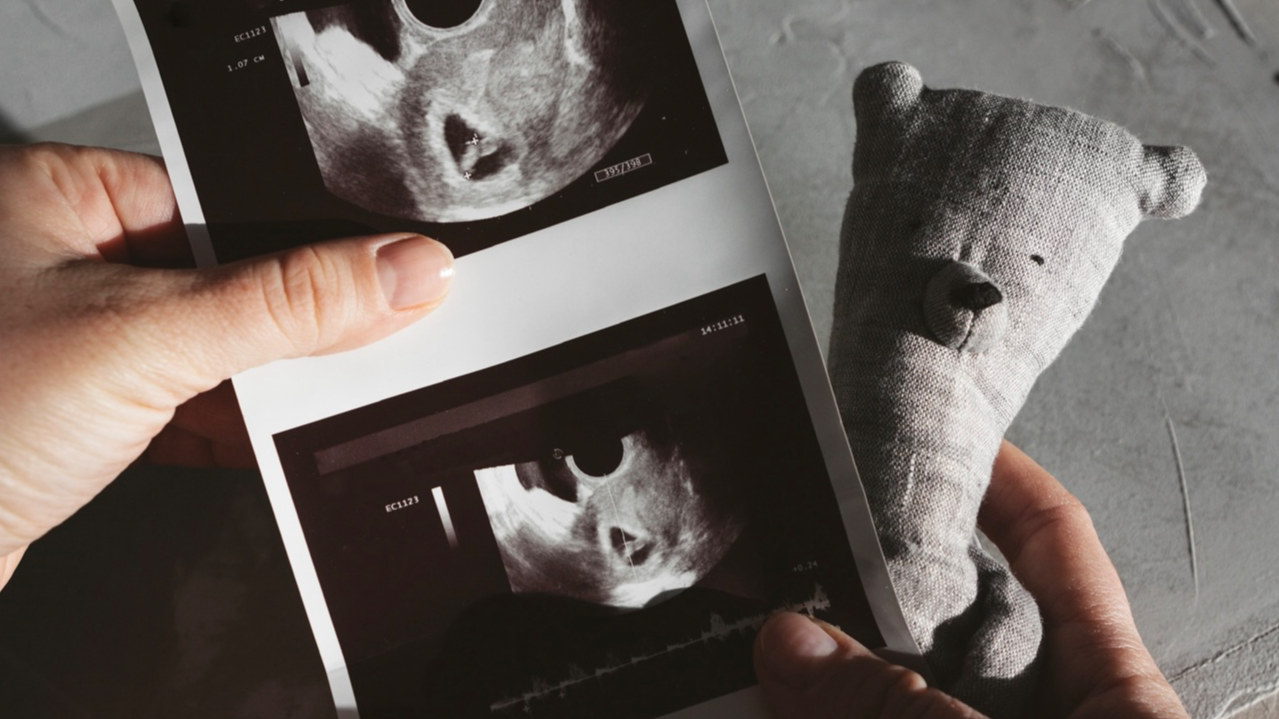The Vanishing Twin Effect on the Surviving Twin: Exploring the Impact of a Vanishing Twin Pregnancy
The concept of a vanishing twin pregnancy may sound unfamiliar to many, but it is a phenomenon that occurs more frequently than one might expect. In some multiple pregnancies, one of the embryos may fail to develop or be absorbed by the mother’s body, resulting in what is known as a vanishing twin. While the loss of a twin can be emotionally challenging for the parents, it also has significant implications for the surviving twin. In this article, we will delve into the vanishing twin effect and explore its potential impact on the surviving twin.
Understanding Vanishing Twin Syndrome
Vanishing twin syndrome refers to the occurrence of a twin or multiple gestation pregnancy where one of the embryos fails to survive. This phenomenon often goes unnoticed, as the miscarriage of the non-viable embryo typically happens during the early stages of pregnancy, sometimes even before the mother is aware she is pregnant. In some cases, the vanishing twin may be detected during ultrasound examinations, revealing the presence of a gestational sac without a fetus.
Causes of Vanishing Twin Syndrome
Several factors can contribute to the occurrence of vanishing twin syndrome. Some of the common causes include:
1. Chromosomal abnormalities: Chromosomal abnormalities in one of the embryos can lead to developmental issues and subsequent demise of the embryo.
2. Implantation issues: Problems with implantation, such as a weak uterine lining or insufficient blood supply to the gestational sac, can result in the loss of one embryo.
3. Maternal health factors: Certain maternal health conditions, such as hormonal imbalances or infections, can increase the risk of vanishing twin syndrome.
Impact on the Surviving Twin
The vanishing twin effect can have both physical and emotional implications for the surviving twin. Let’s explore some of the potential impacts:
1. Increased risk of complications: The loss of a twin can increase the risk of complications for the surviving twin. The surviving twin may be at a higher risk of premature birth, low birth weight, and developmental issues.
2. Twin-to-twin transfusion syndrome: In cases where the vanishing twin syndrome occurs later in pregnancy, there is a risk of twin-to-twin transfusion syndrome (TTTS). TTTS is a condition where blood flow between the surviving twin and the non-viable twin becomes imbalanced, potentially leading to complications for both twins.
3. Emotional impact: The loss of a twin can have a profound emotional impact on the surviving twin and the parents. It may lead to feelings of grief, loneliness, and a sense of identity loss later in life. Providing emotional support and counseling for the family can be beneficial in navigating these complex emotions.
4. Unique bond with the lost twin: Some individuals who have experienced the vanishing twin effect may feel a deep connection or bond with their lost twin, even without conscious knowledge of their existence. This can manifest in different ways and may influence the surviving twin’s sense of self and relationships throughout their life.
Coping with the Vanishing Twin Effect
If you or someone you know has experienced the vanishing twin effect, it is important to seek support and guidance. Here are a few strategies to cope with the impact:
1. Open communication: Creating a safe space for open communication within the family can help process emotions related to the loss of the twin.
2. Seeking professional support: Engaging with a therapist or counselor who specializes in reproductive loss and grief can provide valuable support in navigating the emotional journey.
3. Connecting with others: Connecting with individuals who have experienced similar losses can be comforting and provide a sense of community.
4. Honoring the lost twin: Finding ways to honor the memory of the lost twin, such as through rituals or remembrance activities, can be meaningful for the family.
The vanishing twin effect is a complex and emotionally challenging phenomenon that can have significant implications for the surviving twin. While it may be difficult to fully comprehend the impact of losing a twin during pregnancy, providing support, understanding, and counseling can help individuals navigate the emotional journey. By acknowledging the unique experiences and challenges faced by the surviving twin, we can foster a greater understanding and provide the necessary resources to support those affected by the vanishing twin effect.










